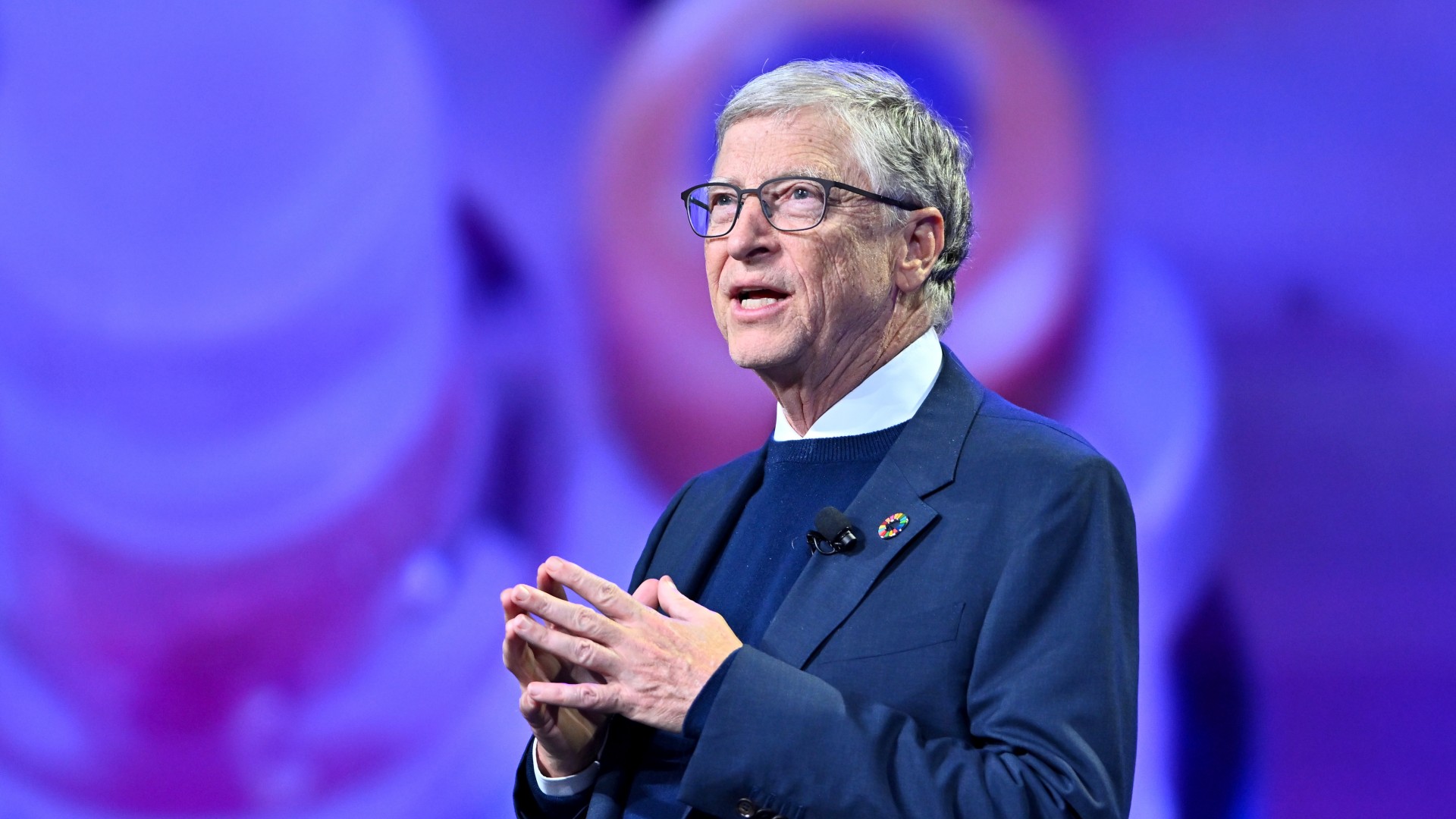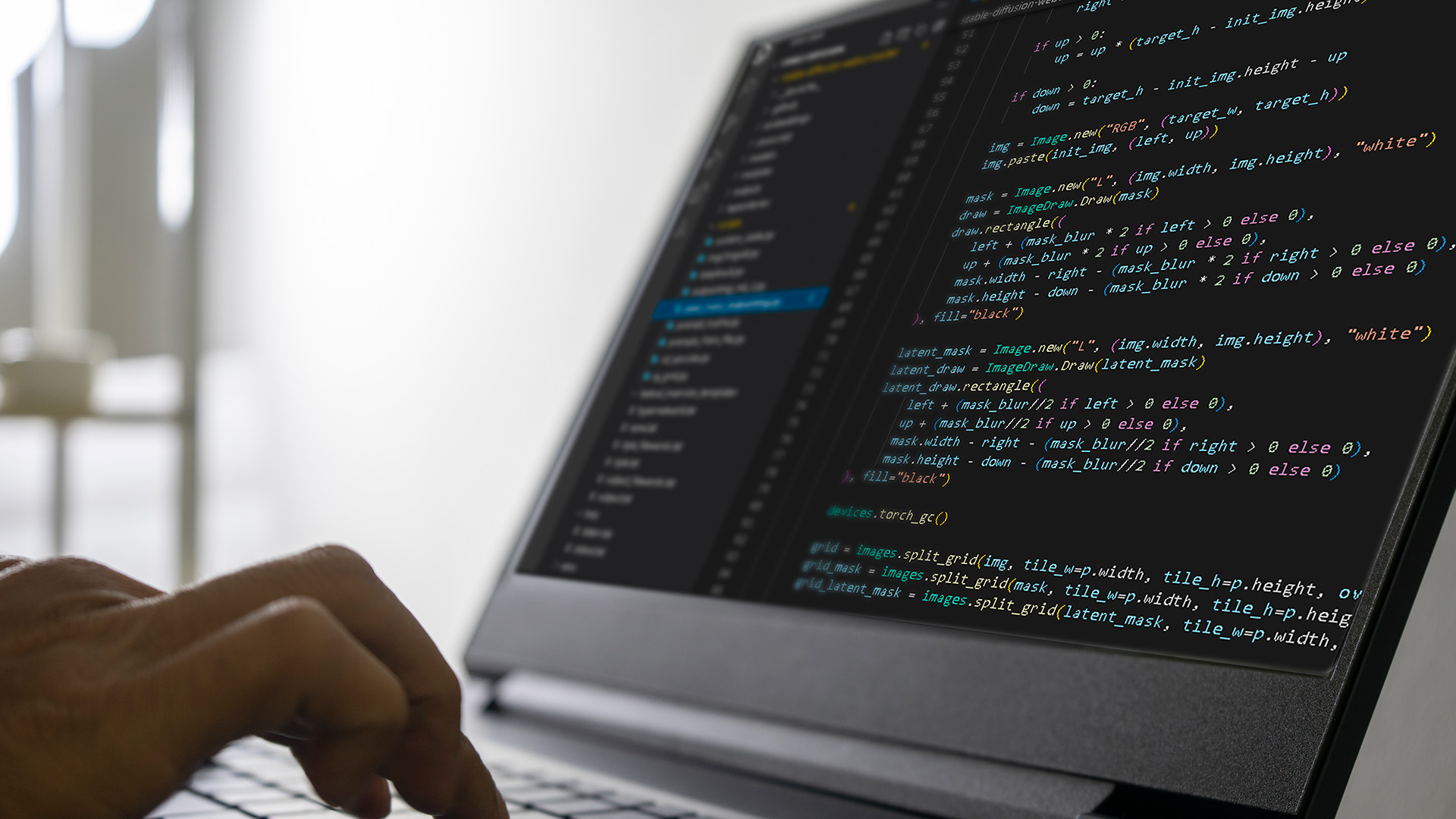
AI with a generative capability is significantly altering our world by handling tedious, repetitive tasks automatically, freeing up time for professionals to concentrate on significant matters. However, this advancement has sparked worries within the professional community about potential job displacement in the future.
To give an example, a research found out that approximately half of the positions in banking could potentially be handled by AI technology. However, it remains uncertain whether the banking industry will accept this shift, considering the significant concerns around privacy and security associated with AI.
Billionaire philanthropist and Microsoft co-founder Bill Gates recently suggested that artificial intelligence (AI) could take over many tasks from humans. Nevertheless, he emphasized that it’s up to us, as humans, to decide our relationship with AI, determining what aspects of life we want to retain for ourselves. In a playful tone, he added that nobody would enjoy watching computers playing baseball.
Based on this idea, Gates has been sharing further perspectives about the rapid advancement of AI technology. He emphasized that AI is increasingly being implemented in a wide range of businesses, potentially making certain jobs obsolete for many professionals.
Although there may be concerns about AI taking over in the future, these three fields – coders, energy specialists, and biologists – appear to have a promising outlook, as per Bill Gates’ assessment. In other words, they seem less susceptible to an AI takeover.
It’s intriguing to note that various reports over the last few months indicate coding could be facing a decline due to the fast-growing influence of AI. However, NVIDIA CEO Jensen Huang advises young people against pursuing software engineering as a career, suggesting they may find more success in fields like biology, education, manufacturing, or agriculture instead.
AI can’t code at human-level yet

Although numerous reports and developing artificial intelligence models imply that coding could potentially be among the first jobs automated, Bill Gates asserts that human experts remain crucial in this process (as reported by Axios).
The OpenAI o1 reasoning model has demonstrated impressive performance across a range of tests, including coding tasks, leading some individuals to ponder whether the need for employing software engineers might be less crucial. Notably, Salesforce’s CEO Marc Benioff has expressed serious consideration about reducing or potentially eliminating software engineer hiring by 2025.
It’s clear that AI has the ability to produce code, yet Bill Gates emphasizes that human experts remain crucial in the process because they can spot and rectify mistakes, optimize algorithms, and enhance overall AI growth.
As a researcher, I find myself intrigued by the recent statement made by Sam Altman, CEO of OpenAI, implying that AI has the potential to surpass the roles traditionally held by software engineers. This revelation underscores the importance of familiarizing ourselves with AI technology at an accelerated pace.
Biologists note that, according to Gates, while AI excels at identifying diseases and deciphering DNA sequences, it currently falls short in terms of the inventive thinking required for original biological research and groundbreaking scientific discoveries.
Conversely, the billionaire argues that AI can’t replace energy experts as the discipline is too intricate for complete automation.
Read More
- PI PREDICTION. PI cryptocurrency
- Gold Rate Forecast
- Rick and Morty Season 8: Release Date SHOCK!
- Discover Ryan Gosling & Emma Stone’s Hidden Movie Trilogy You Never Knew About!
- Discover the New Psion Subclasses in D&D’s Latest Unearthed Arcana!
- Linkin Park Albums in Order: Full Tracklists and Secrets Revealed
- Masters Toronto 2025: Everything You Need to Know
- We Loved Both of These Classic Sci-Fi Films (But They’re Pretty Much the Same Movie)
- Mission: Impossible 8 Reveals Shocking Truth But Leaves Fans with Unanswered Questions!
- SteelSeries reveals new Arctis Nova 3 Wireless headset series for Xbox, PlayStation, Nintendo Switch, and PC
2025-03-25 13:39